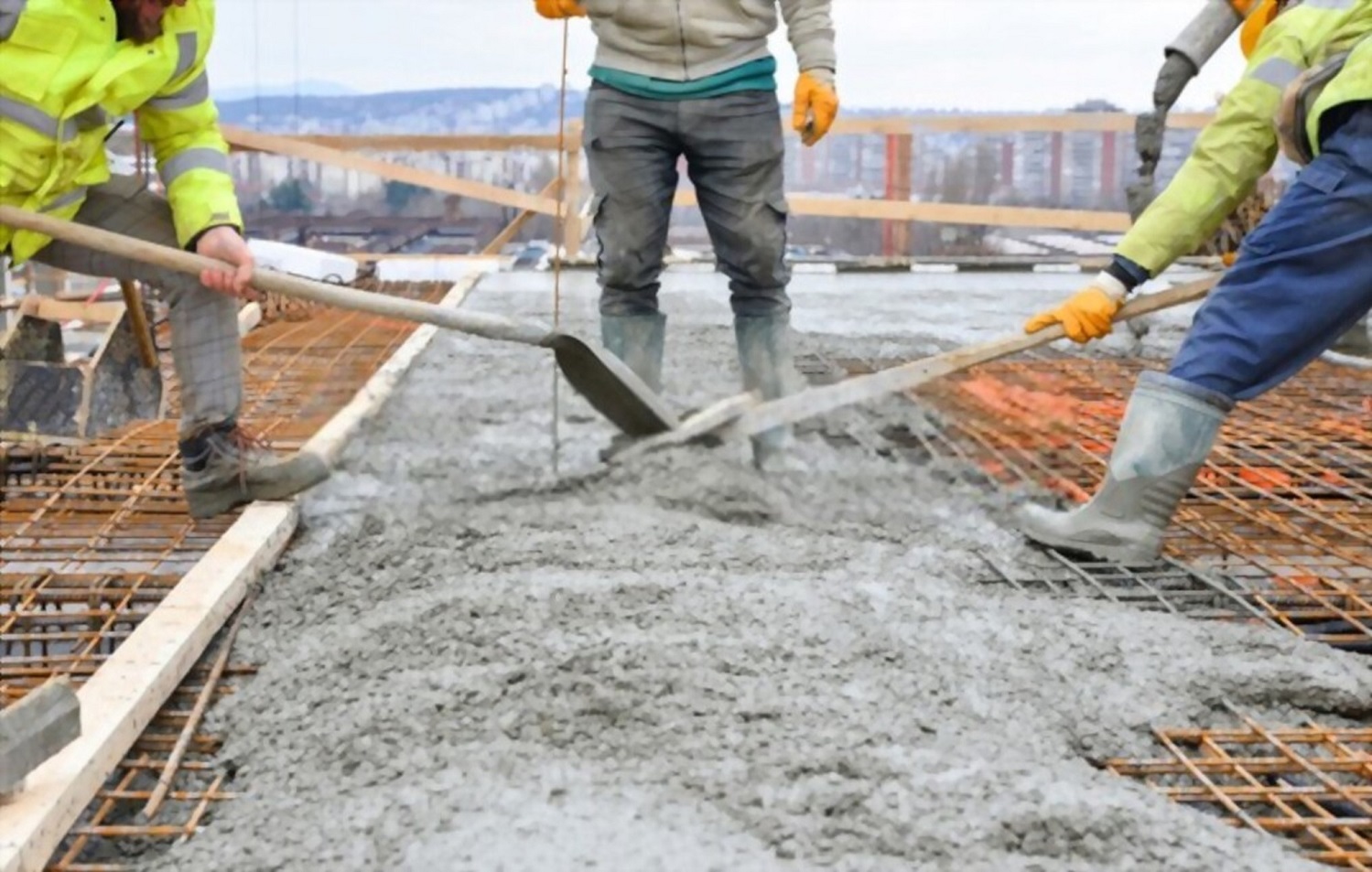Benefits of Residential Concreting
Concrete is the most powerful material used to make a building strong and durable. Being highly sustainable and light on the pocket, concrete plays a major role in making a building more resistant to water and fire.
Concrete is made up of water, cement, and other materials such as sand or gravel mixed together. The mixture, on hardening, makes a solid structure that is unbreakable and gives the utmost safety to the building. This is the reason why many residential buildings and offices opt for Concrete as their building material.
Let’s See The Various Benefits Of Residential Concreting In Detail
Protects Your House from Earthquakes:
The materials used to make your house play a major role in deciding the strength and durability of your house. Houses that are not strong are more prone to breakage in case of an earthquake. Concrete is super strong and saves your building from any future damage. Even in the case of an earthquake where wooden work won't protect your building and can cause a lot of damage to the building, Concrete will stand strong and will cause no or little damage to the building. Residential Concreting becomes very important if you don’t wish to take any risk to your safety.
Low Maintenance:
It is a good investment as you only need to pay once for its installment, after which it won't be for regular maintenance and care. Concrete needs to be poured on the surface once, and after that, you don't have to look after it. Residential Concreting requires no or minimum maintenance, which is a plus point. It will remain in its original shape for years to come without any requirement for coating or polishing. It is a better option than steel or wood, which needs regular cleaning and polishing to maintain its shine.
Pocket Friendly:
Residential Concreting is beneficial to you in any way. Being cost-effective is one of its major advantages of it. Compared to other materials such as steel and wood, the laying cost could be expensive compared to cement. Also, they require high maintenance as compared to concrete. Concrete is highly durable and is less prone to cracks and breakage than other materials are more prone to damage. The more the damage more will be the repairing charges. A person who has a concrete house can save a lot of money as compared to someone who doesn't.
Environment Friendly:
Other than the only material, the cement that is not found in nature, concrete is formed from all naturally occurring substances such as sand, gravel, and water. Cement is made up of gypsum, limestone, clay, or sand.
Also, concrete is used to make buildings, and the concrete, which is fresh and not used, is sent back to the production house where it is recycled. Production and recycling of cement require very less energy, and thus, it is highly eco-friendly.
Comes in a lot of Variety:
Residential Concreting is becoming popular day by day. One of the major reasons behind this is it's being highly versatile. Concrete comes in various types, such as photocatalytic concrete, which has self-cleaning properties. Ultra-high-performance concrete is another type that is highly durable and has a steel-like compressive strength. And the last but not the least, pervious concrete is there which is highly porous and more suitable for residential concreting. This means that you can use concrete for various surfaces depending on the requirement. The method of application for each one of these is different and depends on the area that requires cement.
Conclusion
By seeing all the points mentioned above, we can conclude that residential concreting plays a vital role in making the house durable and strong. It is not only environmentally friendly but also pocket friendly. So, there is no harm in switching to residential concreting as it ends with many benefits.










No comments